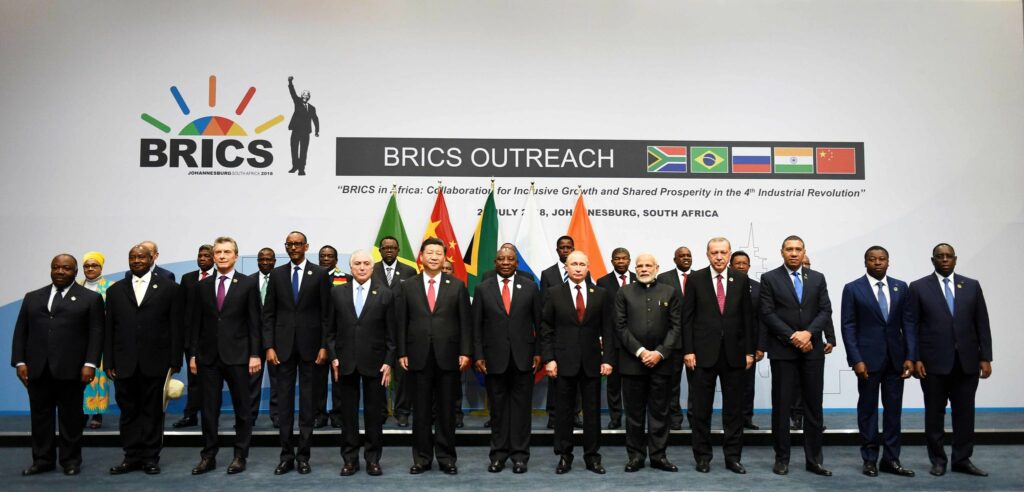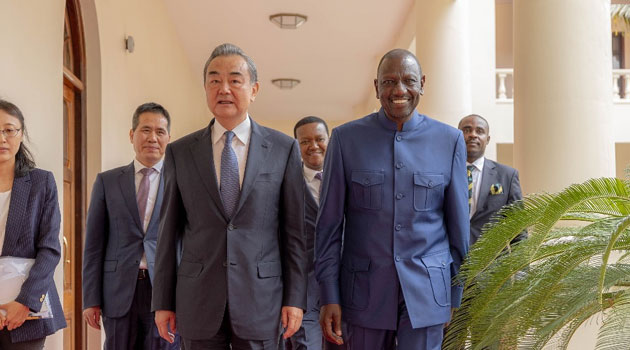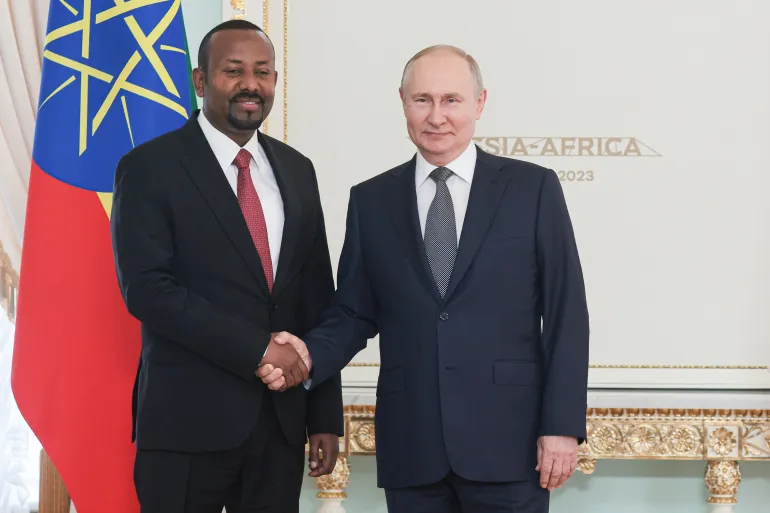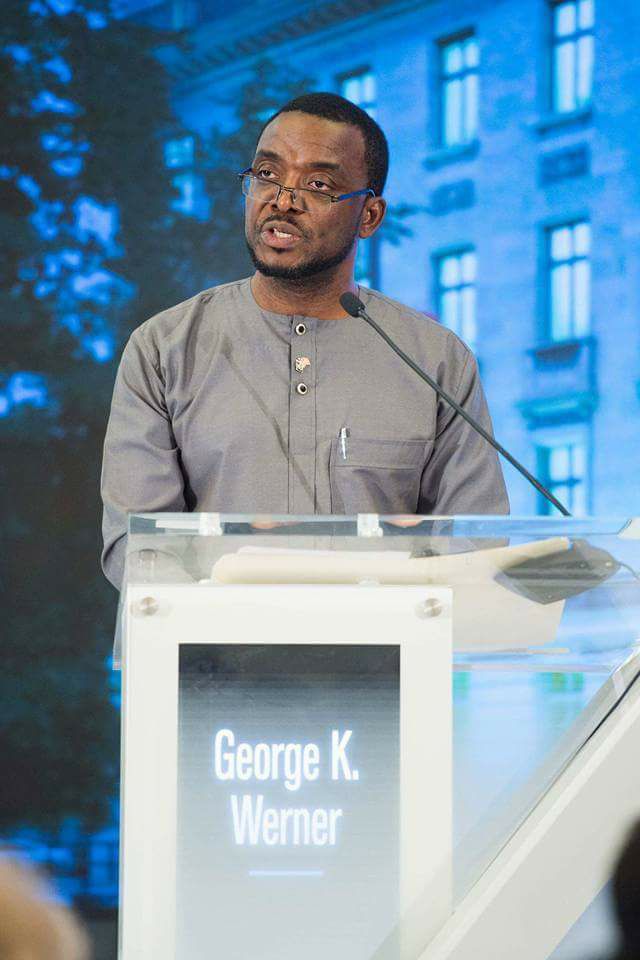Exploring the impact of NATO’s intervention in Libya, the subsequent resentment among African leaders, and the growing concern over external influences on the continent, this article delves into the complex dynamics surrounding Africa’s sovereignty. It highlights the need for African nations to reclaim their independence by prioritizing the continent’s interests and pursuing responsible governance.
African Union’s Intervention and Bitter Realizations:
The African Union’s decision to intervene in Libya during NATO’s war reveals the importance placed on African solidarity. However, African leaders were taken aback when they were told they needed NATO’s permission to visit Muammar Gaddafi. This bitter experience left a lasting impact, igniting discussions on Africa’s sovereignty and the legitimacy of external dictates.

Generational Implications and Shared Anger:
The resentment felt by African leaders in the aftermath of the Libyan intervention extends beyond the political realm. Many young Africans also share this anger, underscoring the generational importance of safeguarding Africa’s sovereignty and charting its own course without undue external interference.
Voting Power and Western Worries:
The voting power of African countries within international bodies, such as the United Nations, raises concerns among Western nations. As Africa’s influence grows, the West grapples with the shifting dynamics and the potential implications for global decision-making processes.
Exploiting Resentment: Russia, China, and Africa:
Russia and China’s pivot towards Africa, capitalizing on the existing resentment towards external influences, raises alarms. While external partnerships can offer opportunities, it is crucial for African leaders to avoid merely swapping one form of exploitation for another, and instead focus on pursuing strategies that benefit the continent’s long-term growth and development.

The Path to True Sovereignty:
Establishing true sovereignty and independence requires African leaders to prioritize the continent’s interests above all else. By pursuing responsible governance, sustainable development, and fostering mutually beneficial partnerships, African nations can assert their sovereignty and ensure the well-being of their people.


Conclusion:
Navigating Africa’s sovereignty in the face of external influences is a complex and ongoing journey. African leaders must learn from the bitter lessons of Libya, prioritize the continent’s interests, and pursue strategies that empower their nations. By doing so, Africa can reclaim its independence and shape its own destiny, paving the way for a prosperous and self-determined future.
The views and opinions expressed in this opinion are those of the writer and do not necessarily reflect the views or positions of Live Africa News.
George Kronnisanyon Werner is an experienced public-sector leader and innovator who has spearheaded successful national and government-wide reform programs across a range of areas including health and education workforce reforms. He served in the Ellen Johnson Sirleaf administration as Director General of the Civil Service and Minister of Education. Werner served as co-chair of Liberia’s Health Workforce Development Taskforce alongside the minister of health, which had a mandate of addressing the shortage of skilled healthcare staff in Liberia. In recognition of his expertise in this area, he was later appointed by UN Secretary-General Ban Ki-moon to the UN High-Level Commission on Health Employment and Economic Growth. George is currently advising and coordinating the work of the Independent Panel for Pandemic Preparedness and Response (IPPR) as a member of the Panel’s secretariat assigned to the Co-chair, HE Ellen Johnson Sirleaf, as Adviser.






